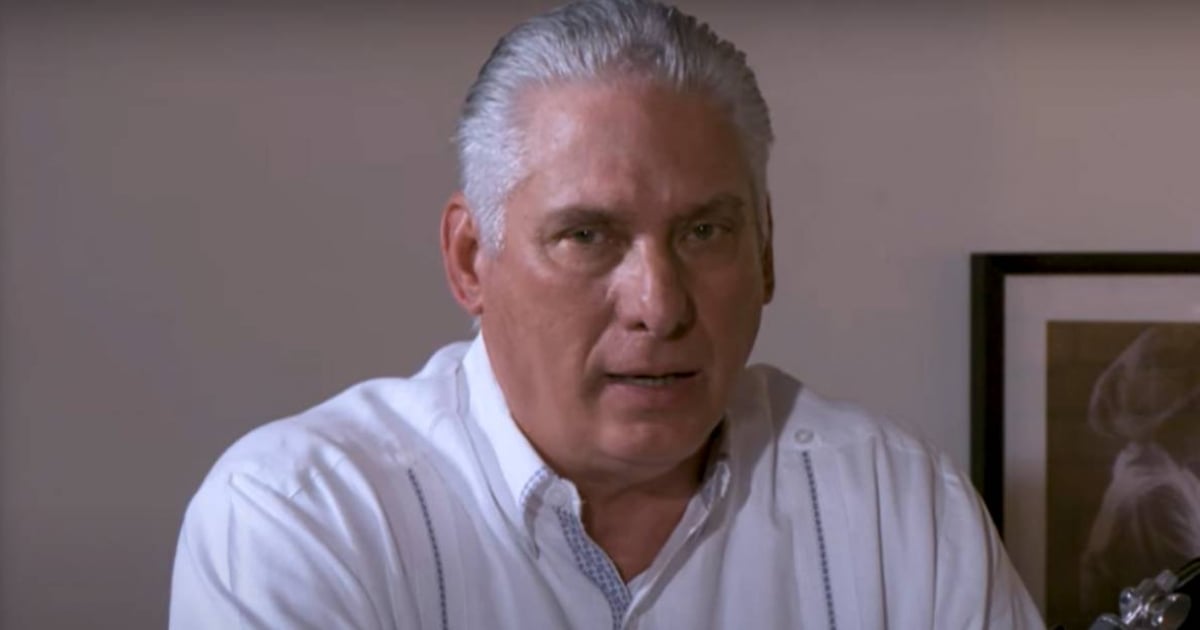
Related videos:
The ruler of Cuba, Miguel Díaz-Canel, has triggered a wave of reactions on social media following a comment made on October 12, Day of Hispanic Heritage, a date that commemorates the discovery of America by Christopher Columbus in 1492.
Nothing to celebrate. The conquest and colonization of America transformed the initial encounter of two cultures into a sequence of plunder and underdevelopment, to which an even greater infamy would be added: the slave trade," he said on his official X account.
The comment from the Cuban leader did not go unnoticed and sparked a wave of responses, both in favor and against.
Among the most notable reactions is that of journalist Mario J. Pentón, who criticized Díaz-Canel's stance, saying: "And you say that in Spanish… How about starting to write it in Taíno? Oh, that's right, they didn’t have an alphabet, I forgot. Hypocrites."
Another notable response came from Ezra Bridger, a user who drew a parallel between Díaz-Canel's criticism of colonization and Cuba's recent history:
The Cuban government celebrates January 1st as the triumph of a supposed Revolution that turned into a sequence of looting of private property in the country and the pockets of Cubans. Later, a greater infamy would be added: the division of families and an attack on faith.
On the other hand, some users adopted a more ironic tone, like Alcides D Portal Alfonso, who recalled the food that Europeans took with them after the discovery of America.
"On a day like today in 1492, Christopher Columbus arrived in America and brought back maize and cacao, which is why there are no arepas or chocolate in Venezuela, and in Cuba, coffee is mixed with peas," he said.
The debate, as often happens on social media, has become polarized, with comments ranging from support for critiques of colonialism to questions about the legitimacy of the Cuban Revolution and Díaz-Canel's government.
Hispanity Day is a controversial date in much of Latin America, where the legacy of colonization is a sensitive topic, and opinions often vary between those who view it as a historical event and those who see it as the beginning of centuries of oppression.
Filed under: